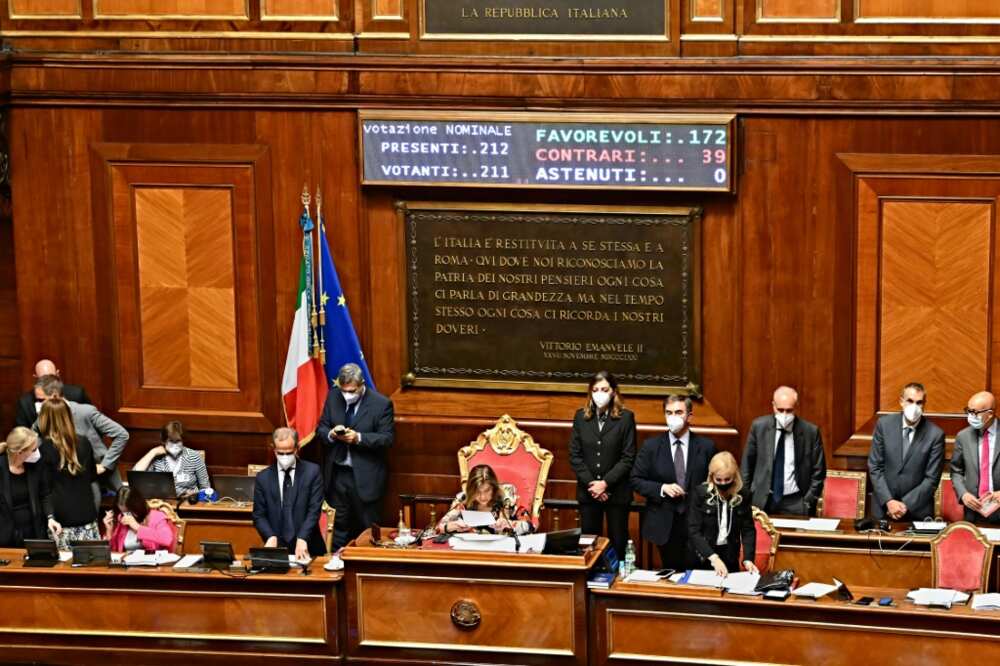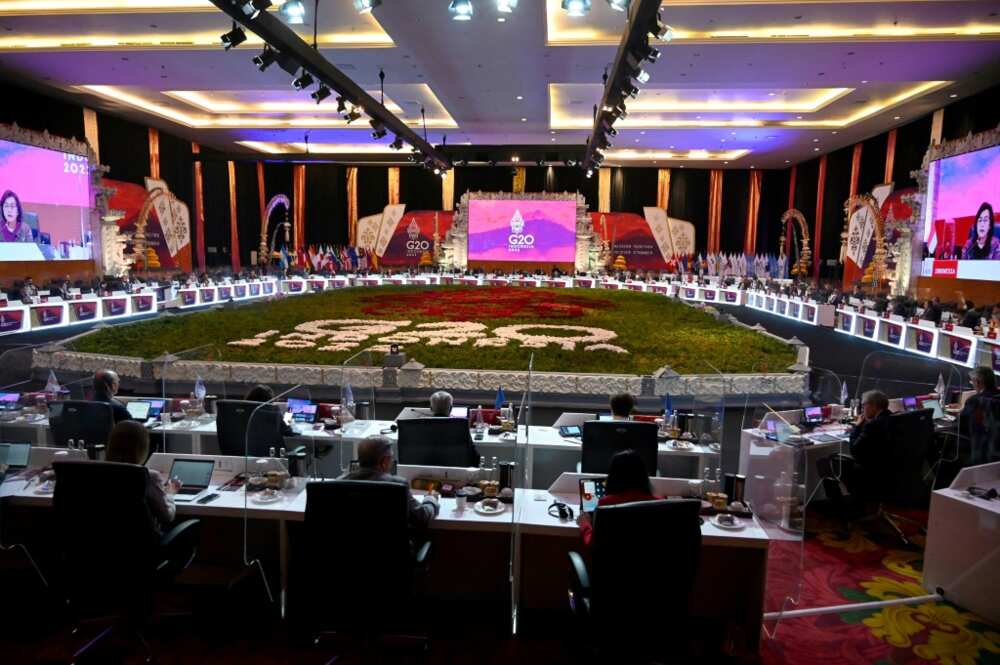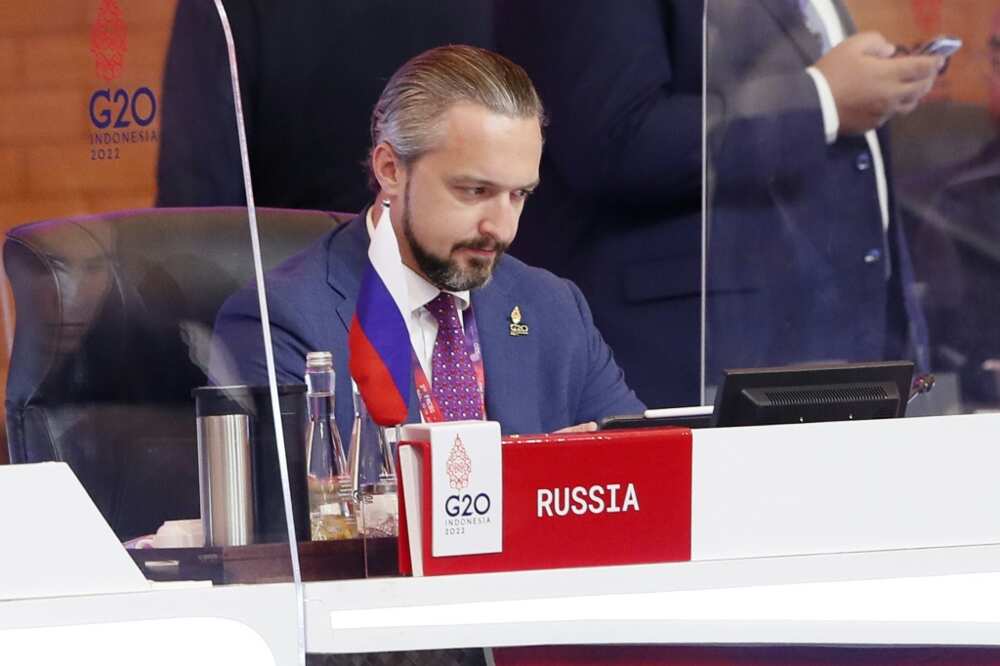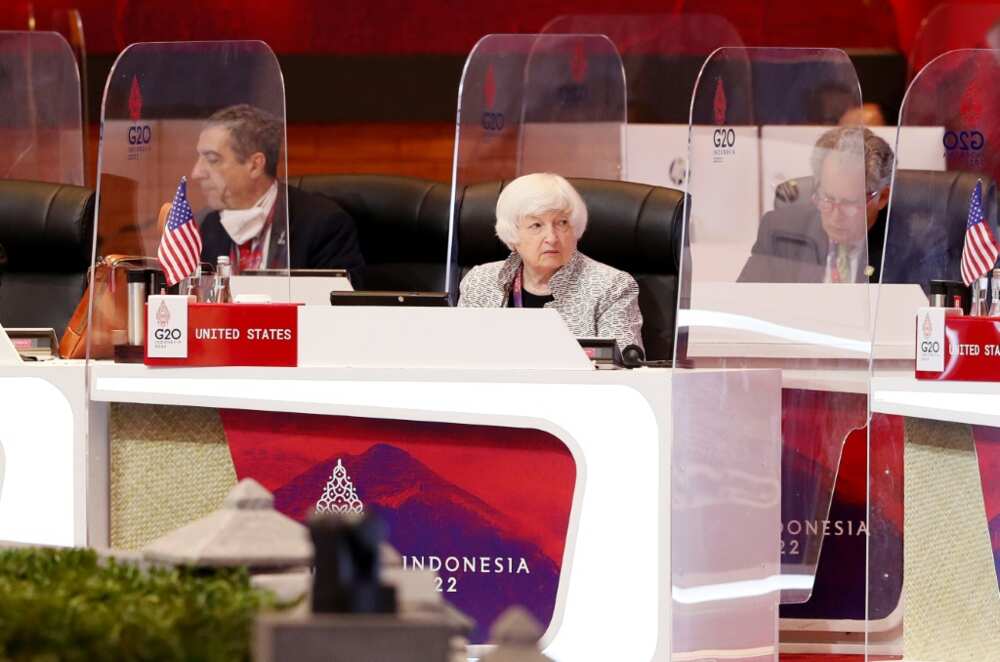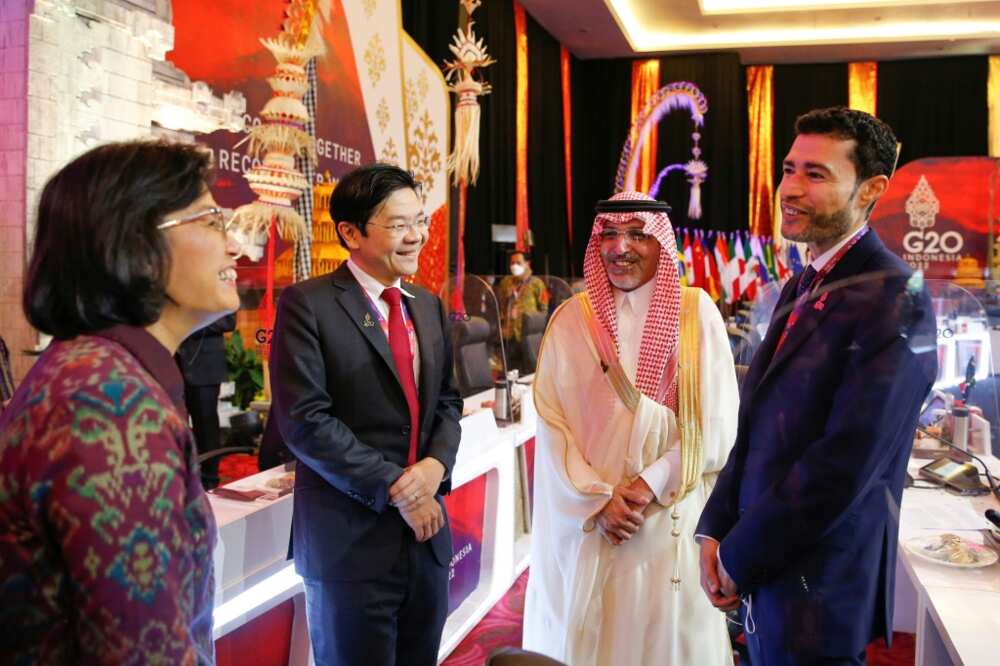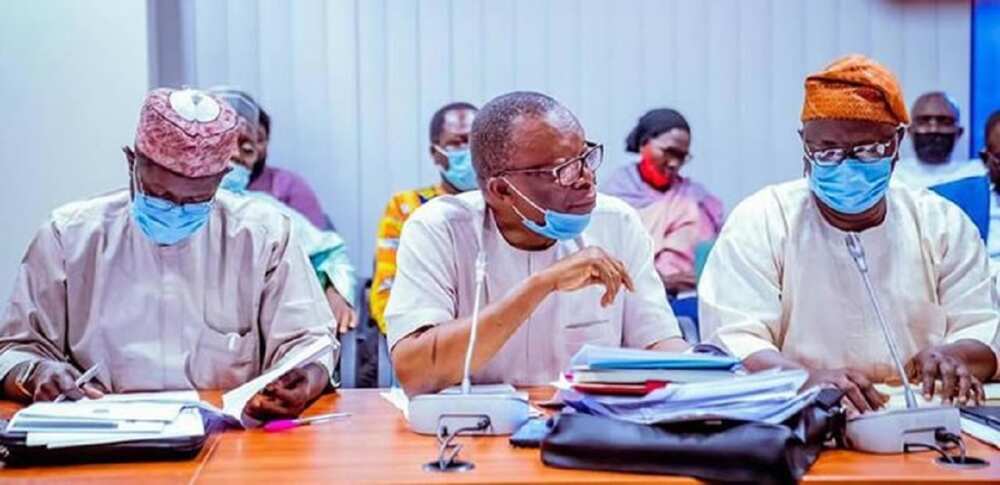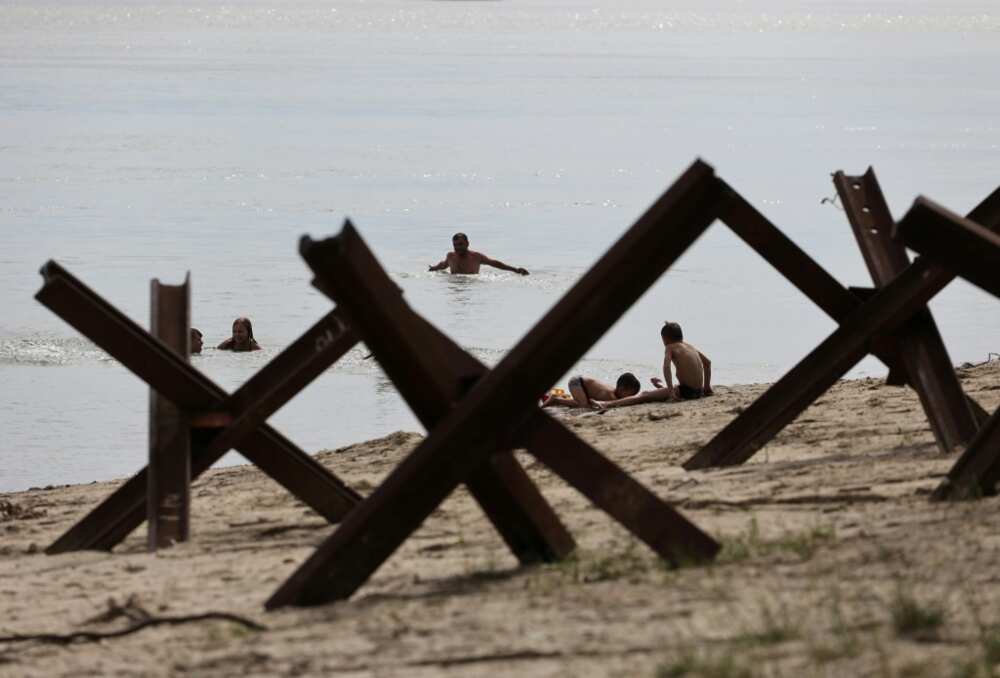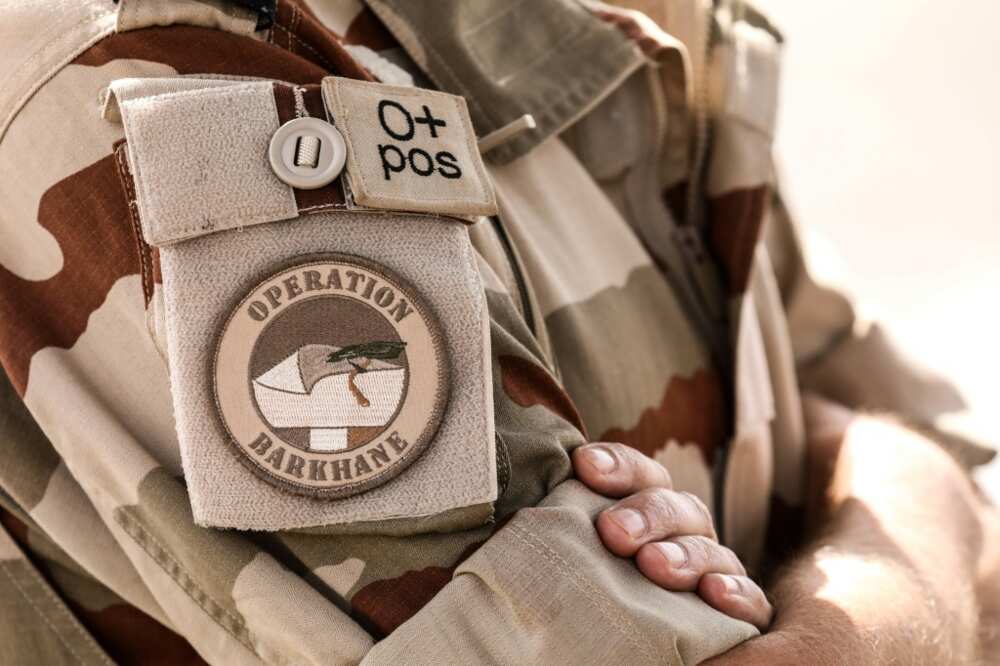
Key ministers from France and Niger met on Friday as French forces revamp their mission in the Sahel following a planned pullout from Mali.
Foreign Minister Catherine Colonna and Defence Minister Sebastien Lecornu arrived in the Nigerien capital late Thursday.
Their joint visit aims to "represent the combined civilian and military" support given by France, a French diplomat said.
The talks take place as French forces complete a pullout from Mali, placing the spotlight on Niger as a frontline state in the fight against jihadism, and as the unstable region struggles with a string of military coups.
"The democratic regression in West Africa is extremely worrying," Colonna told French MPs ahead of her trip.
"However, in spite of these events (and) the withdrawal from Mali, France will continue to help West African armies fight terrorist groups."
"We are currently in consultation with our partners to determine with them, in line with their requests and needs, the kind of support that we are able to provide."
Niger is one of the biggest recipients of French aid, receiving 143 million euros (dollars) last year.
The two sides will sign agreements for a French loan of 50 million euros and a grant of 20 million euros.
The French ministers will also meet President Mohamed Bazoum and visit a base at Ouallam, north of Niamey, which oversees joint operations on Niger's western border by several hundred French and Nigerien troops.
Niger, the world's poorest country by the benchmark of the UN's Human Development Index, has been badly hit by the jihadist insurgency that began in northern Mali in 2012 and then swept to neighbouring countries.
Thousands of civilians have been killed across the region and more than two million have fled their homes.
Niger itself is facing insurgencies both on its western border with Mali and Burkina Faso and on its south-eastern frontier with Nigeria.
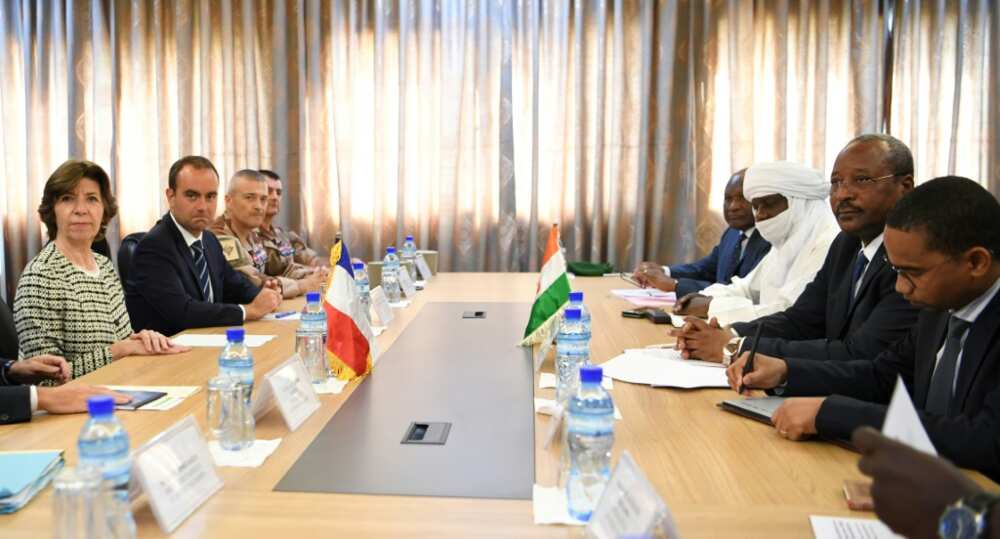
It hosts tens of thousands of internally displaced people, as well as refugees from Burkina Faso, Mali and Nigeria.
French forces who have been supporting Mali for nearly a decade are expected to complete their pullout in the coming weeks after France and the Malian junta fell out.
The roots of the dispute lie in a military takeover in August 2020, which was followed by a second coup in May 2021.
Friction developed over the junta's delays in restoring military rule and escalated when Mali brought in Russian paramilitaries -- personnel described by France as "mercenaries" from the pro-Kremlin Wagner group.
Coups followed in Guinea last September and in Burkina Faso in January.
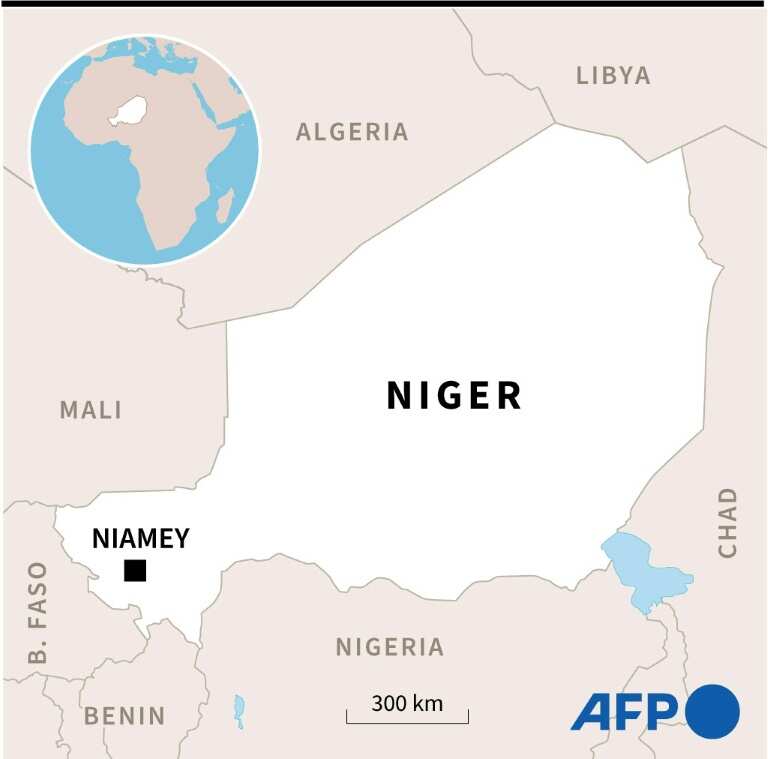
At its peak, France's Barkhane mission had 5,100 troops among five Sahel allies, all former French colonies -- Burkina Faso, Chad, Mali, Mauritania and Niger.
The forces have provided key support in air power, troop transport and reconnaissance. In Niger, France notably has an air base at Niamey where it has deployed drones.
After the Malian pullout, the mission will have "around 2,500" troops, Barkhane commander General Laurent Michon said in an interview this month.
The reconfigured mission will emphasise "more cooperative operations," he said.
These operations will be "determined more strictly by requests from the African countries and will take the form of 'in support of' and not 'in replacement for'" the local military, he said.
More than a thousand troops will be deployed in Niger, providing air support and training, French sources say.
French troops are also in Gabon, Ivory Coast and Senegal, as well as in the east of Africa in Djibouti.
On Wednesday, French President Emmanuel Macon said he had asked the government and military chiefs to "to rethink our overall presence on the African continent by the autumn."
He called for "a presence that is less static and less exposed" and "a closer relationship" with African armed forces.
Source: AFP
